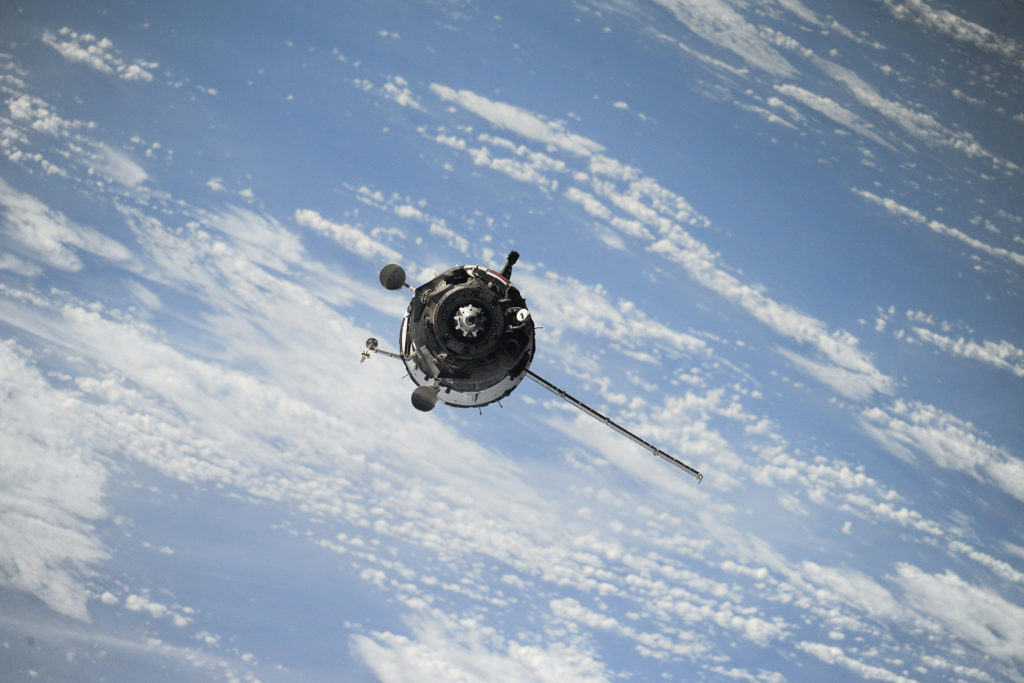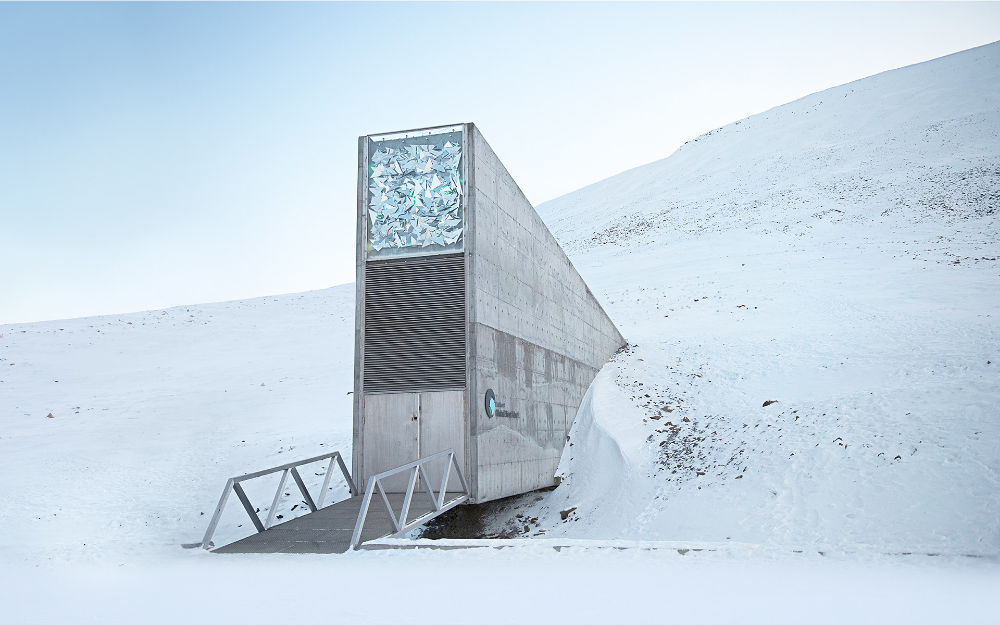The future looks bleak for us. While we’ve already started to experience some effects of climate collapse, Generation Z is looking down the barrel of a gun that humanity pointed at itself. How can we be saved? some might say by Seeding the Universe.
Despite efforts to fight environmental collapse and even some progress being made, disaster is coming for us. The exact scale of that disaster isn’t known, but it’s not a matter of if, only when.

Skeptical? Consider that Earth’s wealthiest people are looking to the heavens for escape. While Elon Musk is focused on building colonies on Mars, Jeff Bezos has turned his attention to orbiting the planet in a rocket.
Exploration for the Rich
It’s not just eccentric billionaires looking to the stars, though. Morgan Stanley is one of many banking institutions investing heavily in the space industry. That industry is growing rapidly, with seemingly limitless potential for growth. Investors are realizing that space is a serious money-making opportunity, partly because there is a lot of public interest in space exploration.
However, that is just one example of how humans will utilize this new ease of access to space. In the long run, the wealthy know space has even greater value than money; space is the ultimate escape hatch from a rapidly denying planet.
Although people like Musk and Bezos wax philosophically about “humanity” living beyond the stars, what they really mean is the rich. We are hundreds, if not dozens, of years away from wide-scale physical relocation to other planets being feasible, financially or technologically. If a global climate disaster comes in the next few decades (which is likely), the only ones getting out are the ones with literal golden tickets.
The fact is space colonization isn’t a realistic option for most of us. At least, not physically.
Seeding the Universe

As we consider the future and humanity’s survival, it’s perhaps time we stopped thinking of ourselves as physical beings and started thinking of ourselves as our minds. Physically, we are just animals, no different than apes or insects. It’s our uniquely self-aware brains that set us apart. So, what if, instead of focusing on flying to another planet, we focus on intergalactic transport of our consciousness?
In a separate blog, we discussed an experiment called DishBrain in which lab-grown brain cells learned to play Pong in just 15 minutes. While the experiment raises interesting philosophical questions here on Earth, there are also interstellar implications for this fascinating research.
To ensure the coming apocalypse does not destroy humanity, what if we made “brain seed vaults”? Instead of sending our bodies to distant planets on the USS Enterprise, we’d simply send our “dishbrains” to the final frontier.

Much like the real seed vaults in the Arctic Circle, a brain seed vault would be a large, durable repository containing a vast collection of dishbrains that could repopulate and rebuild a civilization in the event of a cataclysmic event. New dishbrains can be grown, each containing a library of human knowledge and DNA, and sent out into the universe to survive a human-made apocalypse, allowing rebirth elsewhere.
Challenges in Saving Us
There are challenges with this, not least of which is that we don’t know where to send probes or how to ensure they will survive. Creating an automated probe that could accurately recreate human civilization on another planet is still beyond us technologically. In reality, such technology may be even further off than large-scale human colonization of Mars. But we can start creating the brain seed vaults now, allowing us to build up the repositories for the future.
The brain seed vault concept is a uniquely viable solution to the problem of human extinction. Dishbrains will be the keepers of our history, our knowledge, and our DNA. They will be our ambassadors to the universe. They will be the custodians of humanity’s legacy, our hope for the future. And our insurance policy against annihilation.
Alternatives to Extinction.

What is the alternative? Extinction, frankly. Even if we find a way to physically relocate to another planet, extinction isn’t off the table. Physical dangers are everywhere, whether internal or external.
But if we create a digital repository for our consciousness, we give our species a fighting chance to survive. If we can’t leave before climate disasters overrun us, we need a way to rebuild our civilization from scratch. This will require the help of intelligent entities that can think and reason like we do. Lab-grown brains can provide this for us.
The dishbrains could be our insurance policy, even our replacements. In the meantime, we can use these brains here on Earth to further our knowledgeof life while we have time.
Who knows, humanity as we know it could be the result of a brain seed vault. We may not be the first species to develop this technology. The origins of life on Earth could have come from someone else’s emergency backup plan. In that case, dishbrains aren’t some novel technological advancement; they’re the fulfillment of our natural evolution.

